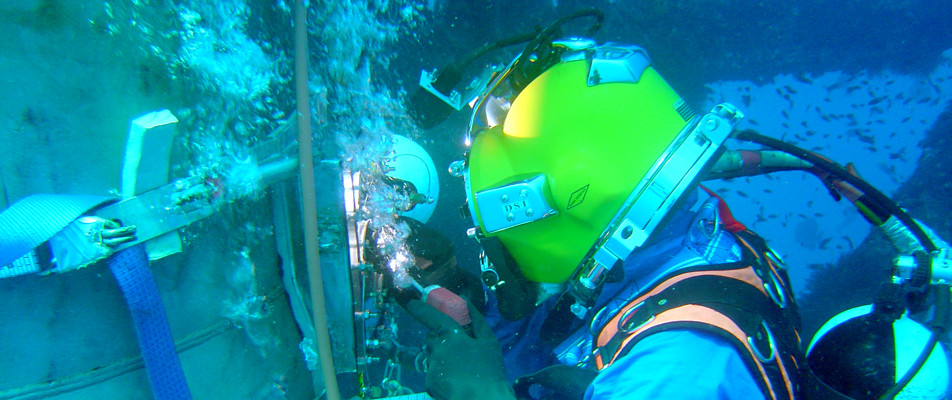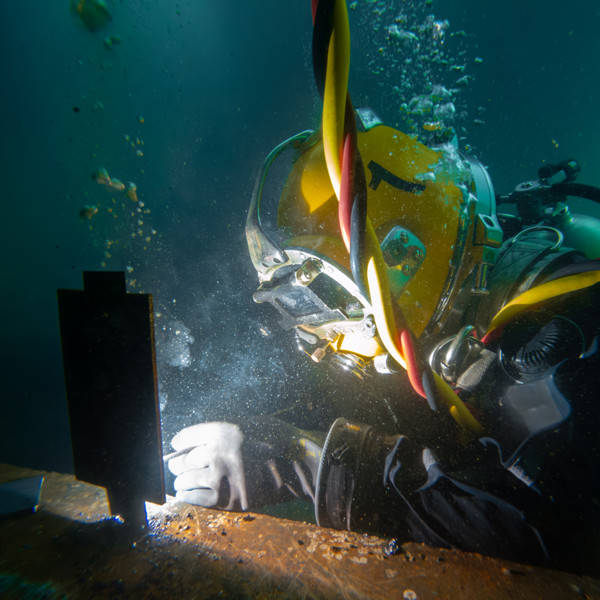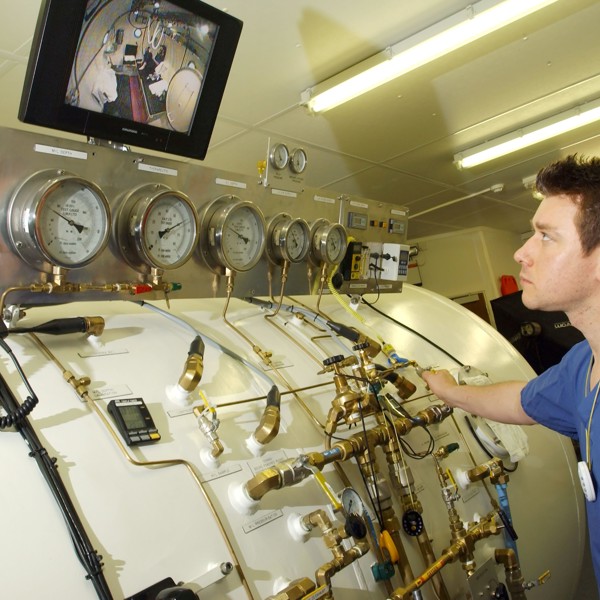A newly published document, Guidance on the provision, acceptance and handling of breathing gases for diving (IMCA D075) from IMCA aims to raise awareness of the issues that industry has faced when procuring breathing gases used for diving.
Bill Chilton, Technical Adviser – Diving, IMCA explains: "Over the years there have been a number of incidents where divers have been injured or even killed during the course of their work after being supplied with incorrect breathing mixtures.
"Following recent incidents of this nature, IMCA was asked by industry to assist in developing appropriate guidance designed to reduce the risk of such incidents."
A dedicated workgroup comprised of industry specialists from gas supply companies and diving contractors was set up in 2022 and, working collaboratively, its members developed the guidance now published as IMCA D075. It is, like all IMCA documents, written by the industry for the industry.”

Over the years there have been a number of incidents where divers have been injured or even killed during the course of their work after being supplied with incorrect breathing mixtures. IMCA was asked by industry to assist in developing appropriate guidance designed to reduce the risk of such incidents.Download IMCA D075
The aims of IMCA D075 are to provide information and guidance to IMCA diving members on:
- Safety management to reduce risks associated with the quality of breathing gases used in commercial diving.
- Appropriate standards for diving gas supply companies and their facilities.
- Processes to be followed by gas suppliers when filling, mixing, and analysing breathing gases for diving;
- Diving gas composition standards and tolerances.
- Port call management plans for gas transfer.
- Processes to be followed by diving contractors when receiving and accepting breathing gases for diving.
- The reporting of gas supply incidents.
The appendices within IMCA D075 contain checklists which should prove particularly useful to those involved with the provision, acceptance and handling of breathing gases for diving. Together the information contained within the new guidance document should help to eliminate incidents where incorrect breathing gas mixtures are provided.




